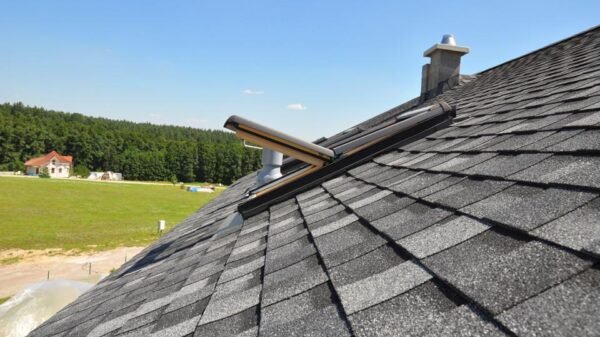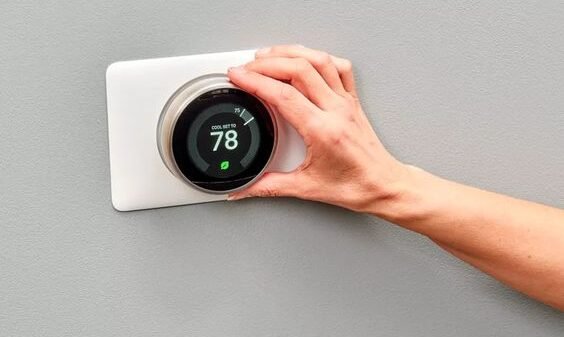In the hustle and bustle of daily life, it’s easy to overlook the impact our kitchen habits have on energy consumption. However, with a few simple adjustments, we can significantly reduce our energy usage and contribute to a more sustainable future. Here are five easy ways to conserve energy in the kitchen:
Optimize Appliance Use
One of the most effective ways to Save Energy in Kitchen is by optimizing the use of appliances. When using the stove, match the size of the burner to the size of the pot or pan to minimize heat loss. Additionally, utilize the appropriate cooking settings; for example, using a pressure cooker or microwave can significantly reduce cooking time and energy consumption compared to conventional methods.
Efficient Refrigerator Use
The refrigerator is one of the most energy-intensive appliances in the kitchen. To conserve energy, ensure that the door seals are tight and free from any leaks, allowing the refrigerator to maintain its temperature efficiently. Moreover, avoid placing hot or warm food directly into the fridge, as this requires the appliance to work harder to maintain the desired temperature. Defrosting frozen items in the refrigerator can also help regulate internal temperature and reduce energy consumption.
Harness Natural Light
Take advantage of natural light during the day to reduce reliance on artificial lighting. Keep curtains and blinds open to allow sunlight to illuminate the kitchen space. Consider installing skylights or larger windows to maximize natural light exposure. By reducing the need for electric lighting, you not only conserve energy but also create a brighter, more inviting kitchen environment.
Smart Dishwashing Practices
When using the dishwasher, wait until it’s fully loaded before running a cycle to maximize energy efficiency. Choose the eco-friendly or energy-saving mode if available, which uses less water and electricity. Additionally, consider air-drying dishes instead of using the dishwasher’s drying cycle to further reduce energy consumption.
Invest in Energy-Efficient Appliances
When it’s time to upgrade kitchen appliances, opt for models with an Energy Star certification. These appliances are designed to meet strict energy efficiency guidelines set by the Environmental Protection Agency (EPA). While initially, they may have a higher upfront cost, the long-term energy savings make them a worthwhile investment.
In conclusion, conserving energy in the kitchen doesn’t require drastic lifestyle changes. By implementing these simple yet effective strategies, we can reduce our environmental footprint while also saving money on utility bills. Whether it’s optimizing appliance use, maximizing natural light, or investing in energy-efficient appliances, every small effort counts towards a more sustainable future. Let’s cook up a greener kitchen together!





























































